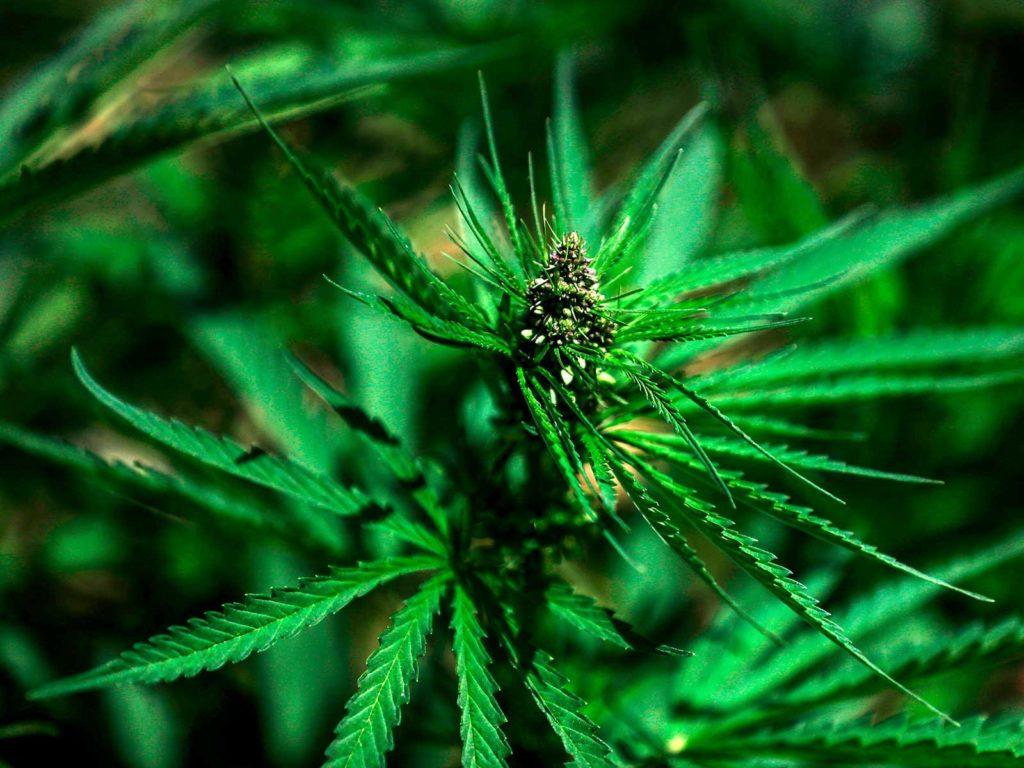Cannabis
The Science of Cannabis Plant Growth and Development
Cannabis plant belongs to the family Cannabaceae and is a genus of flowering plants. It is doubtful how many species the type contains. There three distinct species: C. ruderalis, C. sativa, and C. indica C. ruderalis, on the other hand, could include in C. sativa, all three of them could be considere subspecies of C. sativa, or C. sativa could be accepte as a single, unbroken species. Cannabis plant, which is also referred to as marijuana among other names, is a psychoactive drug derived from the cannabis plant. It is widely acknowledge that the genus is indigenous to and originates from Asia. The cannabis plant, which originated in Central or South Asia, has been utilized in numerous traditional medicines and as a recreational drug for centuries.
- It is against the law to take Cannabis plcanant, regardless of how much you have with you. This includes Cannabis plant-containing products like edibles, topicals, and extracts, as well as all products containing
- Even if you use Cannabis plant for medical purposes in any form, including CBD, unless Health Canada has given you permission.
- Regardless of whether you are traveling to or from a nation, state, or municipality in which Cannabis plant has made legal or outlawe.
Effects of Cannabis plant
Chemical compounds in the cannabis plant are what cause its effects, including 120 terpenes and 113 different cannabinoids like tetrahydrocannabinol (THC), which allow its drug to have a variety of effects on the human body, both psychological and physiological. Due to the varying concentrations of THC, other cannabinoids, and hundreds of other molecules that have a pharmacological effect found in Cannabis, the final pharmacological effect cannot be reliably projected.
Short-term effects of Cannabis plant

Anxiety and panic, impaired attention and memory, an increased risk of psychotic symptoms, the inability to think clearly, and an increased risk of accidents are examples of acute negative effects. Cannabis plant impairs a person’s ability to drive, and THC was the illegal drug that was found most frequently in the blood of drivers who were in car accidents. Those who have THC in their system are three to seven times more likely than those who have not used either Cannabis plant to be the cause of the accident. or alcohol, despite the fact that THC remains in the bloodstream for days or weeks after intoxication, has no direct causal role.
Some immediate undesired side effects include a decrease in short-term memory, dry mouth, impaired motor skills, reddening of the eyes, dizziness, feeling tired and vomiting. Acute psychosis can occur in some users, usually subsiding after six hours, but heavy users may occasionally experience symptoms that persist for several days.
The prevalence of children being exposed to cannabis, particularly through edibles, has increased as a result of legalization. Children are susceptible to encephalopathy, hypotension, respiratory depression severe enough to necessitate ventilation, somnolence, and coma, despite the unknown toxicity and lethality of THC in children.
Effects on the brain
Cannabis plant can have some short-term effects on the brain, including
- confusion
- sleepiness
- impaired ability to
- remember
- concentrate
- pay attention
- anxiety, fear or panic
- reduced ability to react quickly
Long Term effects of
There has been ongoing debate regarding the effects of Cannabis plant over time. Clinical research is difficult because cannabis is illegal in most countries, and there isn’t much evidence from which to draw conclusions.
Effects on the brain
Cannabis can have harmful long-term effects on the brain, including an increased risk of addiction and
- memory
- concentration
- intelligence (IQ)
- ability to think and make decisions
These things appear to be worse for youth who start using early, and who use cannabis often and over a long period of time. They may not be fully adjustable when Cannabis plant use stops.
Effects on the body
Similar to the effects of smoking tobacco, cannabis smoking can have long-term effects on the body, including risks to lung health, including:
- bronchitis
- lung poisons
- chronic (long-term) cough
- increased mucus buildup in the throat
Prohibited drugs
- Under no circumstances, consent to the transport, possession, purchase, or use of illegal drugs.
- You are bound by the laws of the country where you are traveling.
- Illicit drug use and possession are strictly prohibited in the majority of nations, including the United States. Even if you only have a small amount, possessing it could result in severe penalties.
- If you’ve used drugs that are illegal in that country in the past, you might not be allowed to enter that country.
- Carrying illegal drugs is not justified by being a foreigner or not being familiar with the local laws. You are not entitled to immunity or preferential treatment in other nations because you hold Canadian citizenship.
- Be aware that illegal drugs may be mixed with more potent substances, which can harm one’s health and result in overdose or death, both in Canada and abroad. It’s possible that you’re not getting what you expected.
Modes of consumption

Smoking is the process of burning and inhaling “smoke” containing cannabinoids from small pipes, bongs, paper-wrapped joints, tobacco-leaf-wrapped blunts, and portable versions of hookahs with a water chamber.
Vaporizing, heating various forms of cannabis to 165–190 °C (329–374 °F), causing the active ingredients to form vapor without combustion of the plant material (the boiling point of THC is 157 °C (315 °F) at atmospheric pressure).
Edibles, incorporating Cannabis plant as a component into a wide range of foods, including baked goods and butter. It is typically consumed as the beverage bhang in India.
Cannabis tea, prepared with attention to lipophilic quality of THC, which is only slightly water-soluble (2.8 mg per liter), often involving cannabis in a saturated fat
Solution of cannabis, sometimes known as green dragon, is an alcoholic Cannabis plant concentrate.
Capsules, naturally containing cannabis oil, and other eating supplement products, for which some 220 were proper in Canada in 2018.
When smoked, effects begin to appear within minutes, while when eaten, they can last up to 90 minutes. The effects last anywhere from two to six hours, depending on the amount use.
Cannabis plant poisonings in children
Learn to recognize the signs of cannabis killing and what to do about it. Taking action quickly can help prevent serious harm.
Prevention
A serious risk from edible cannabis is accidental poisonings of children. Calls to poison control centers and emergency room visits to hospitals for accidental cannabis poisonings have both increased. The majority of these cases involve children under the age of 5, and many of them involve children under the age of 12.
Thoughtful cases of cannabis poisoning can be serious, sometimes resulting in:
- being put on a ventilator
- coma
- death, in rare cases
- Below are some tips to help to prevent cannabis poisoning in children.
Store cannabis safely
Always keep edible cannabis products out of the reach of children, even those made at home
- locking them away
- storing them out of reach
- keeping them separate from regular food and drinks
- Tips on safe
Talk to family, friends and caregivers
If your child spends time in someone else’s home, inquire about their use of cannabis. Make sure they store it safely if they do. Anyone can accidentally expose a child to cannabis, including:
- Parents
- Grandparents
- Siblings
- Friends
- Babysitters
- Neighbors
Choose legal cannabis
Each package of legal edible cannabis products contains no more than 10 milligrams of THC, the main psychoactive ingredient in cannabis. They must also be package clearly and safely for children.
High concentrations of THC or other unknown intoxicating cannabinoids in illegal cannabis edibles may result in severe cannabis poisoning and serious harm. Illegal cannabis edibles may come in non-child-resistant packaging that mimics popular brands of candies, snacks or other food products that appeal to children.
Signs and symptoms
Take immediate action if you notice any unusual behavior or symptoms in a child in your care. Determine whether the child may have consumed cannabis-containing products. The child’s size and the amount of THC they consumed determine the severity of the symptoms. Look for these symptoms:
- vomiting
- confusion
- unresponsiveness
- slurred speech
- unsteadiness on feet
- drowsiness/lethargy
- slowed breathing
- seizures, in rare cases
know more about……. Hash Plant Bulk

